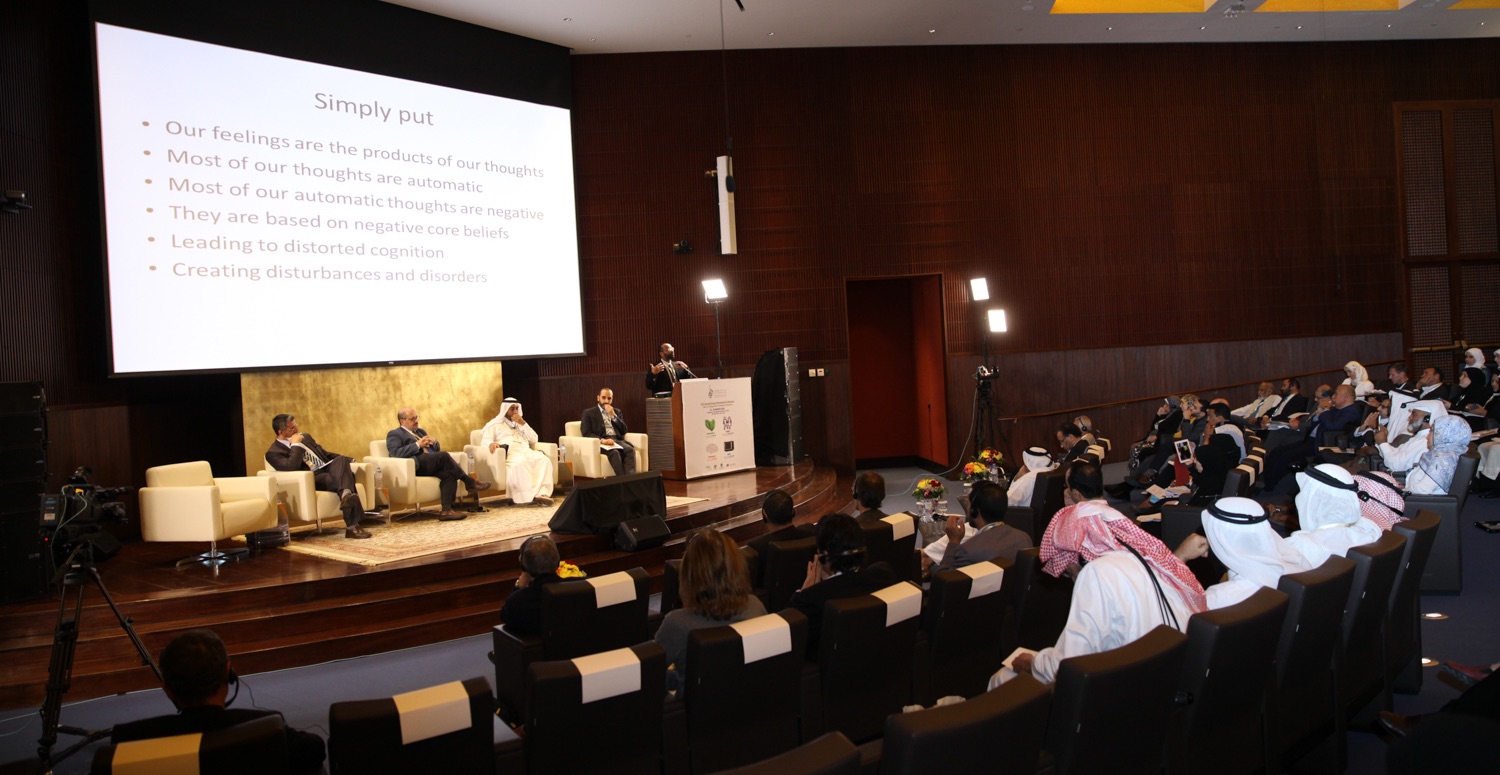
The Center for Islamic Legislation & Ethics (CILE) held its second annual international conference under the title "Ethics in a Changing World: Contemporary Perspectives" during the period 15-16 March 2014, Doha, Qatar. The conference focused on four main themes (environment, gender, psychology and media), each of which was discussed in a separate panel, as following:

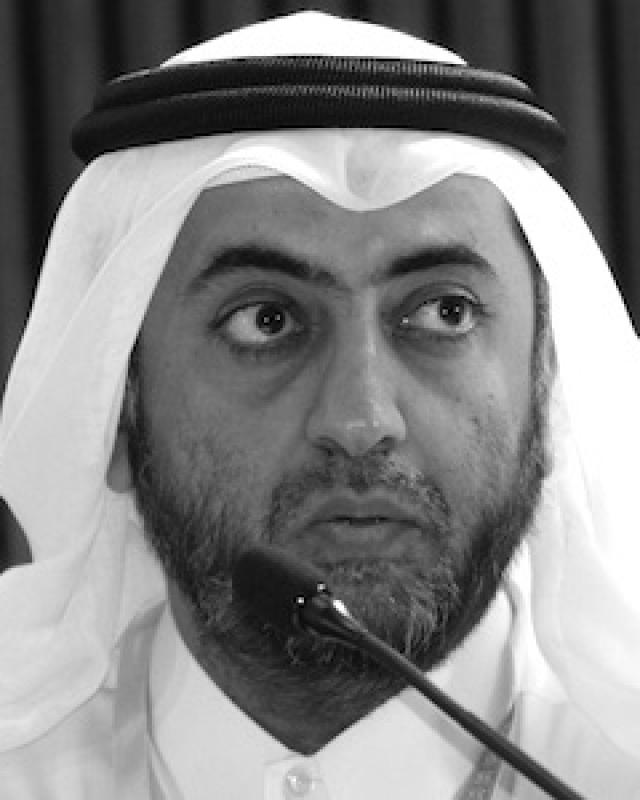
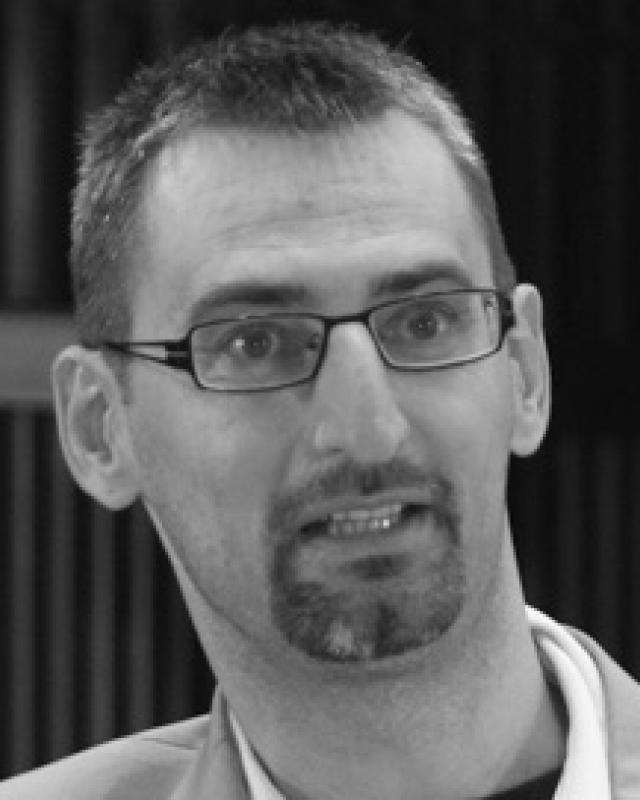
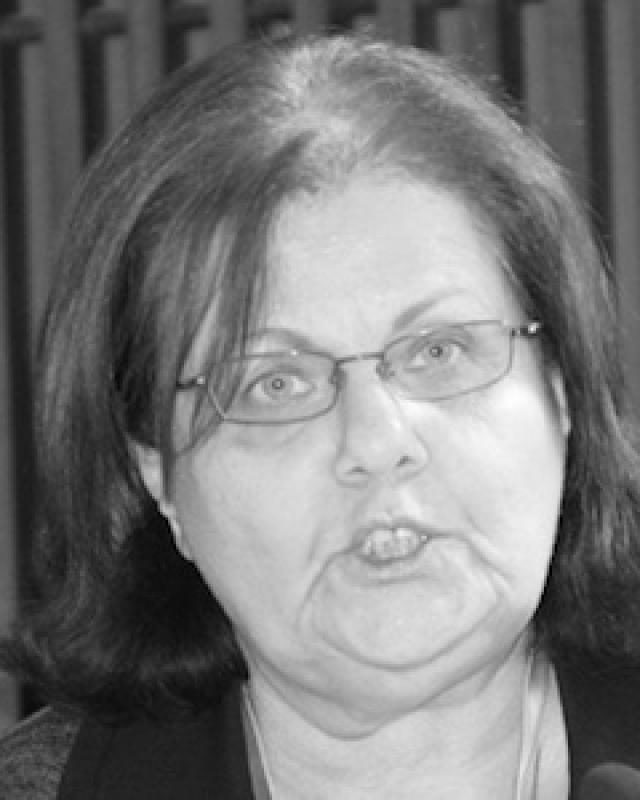
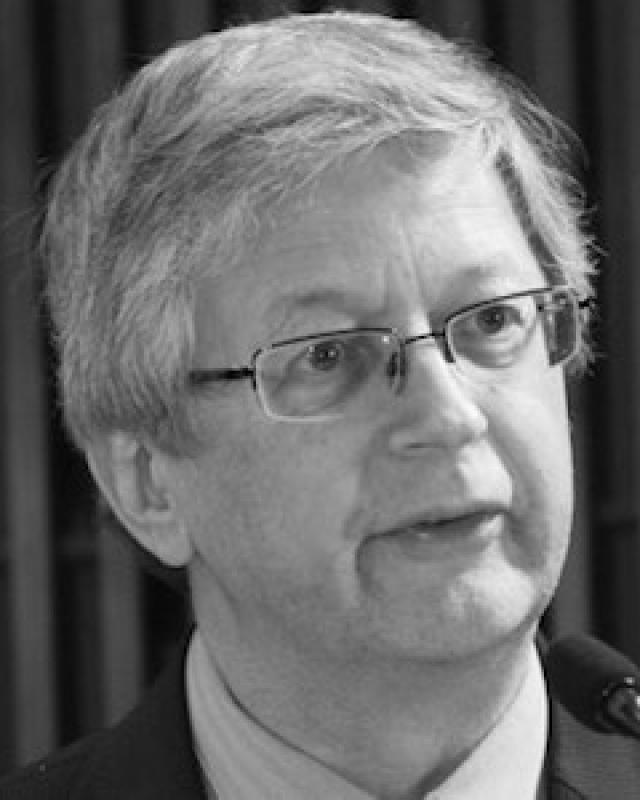
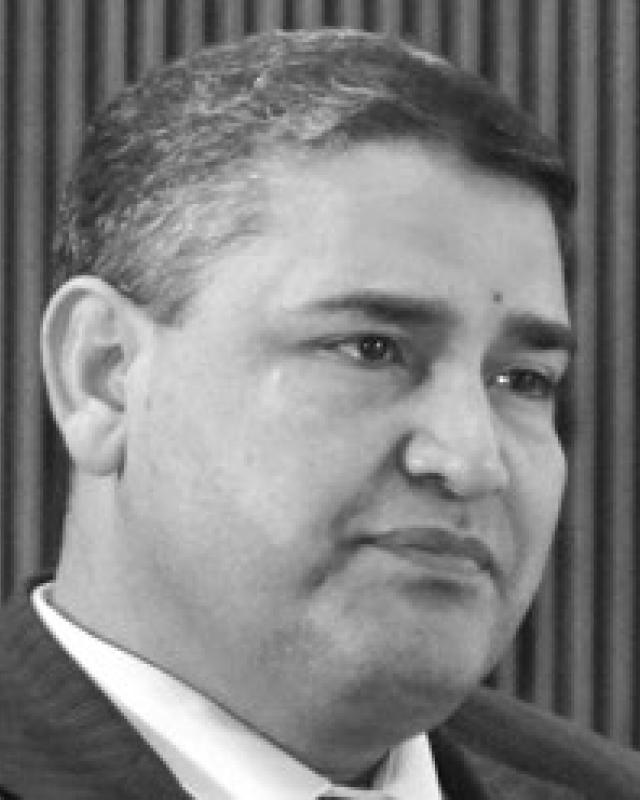
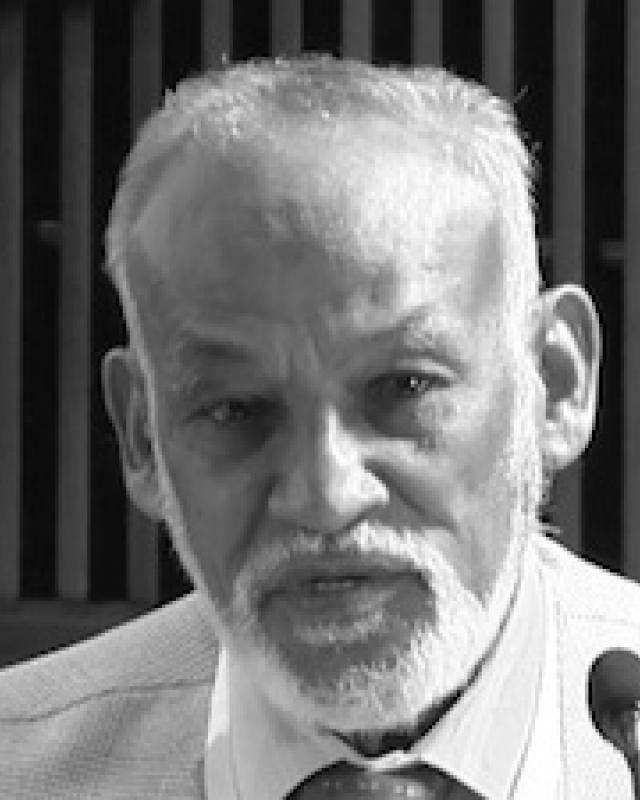

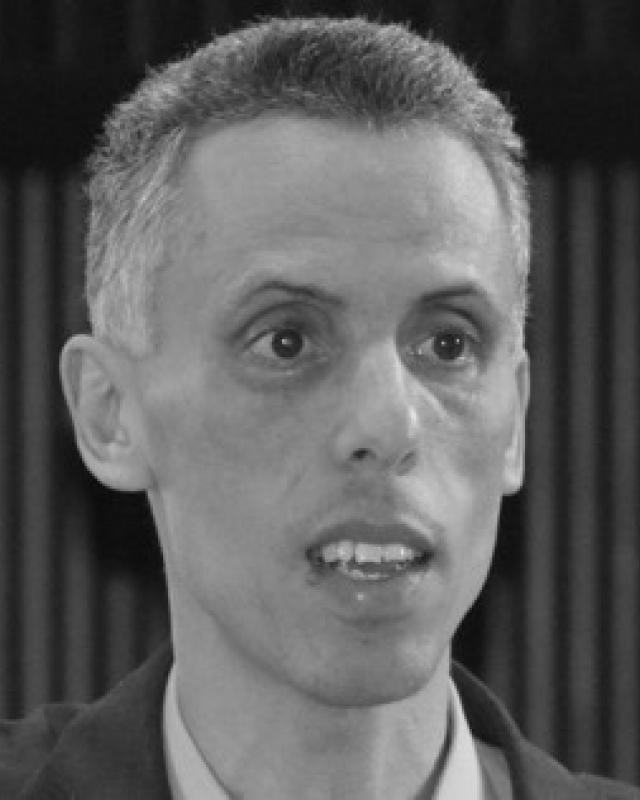
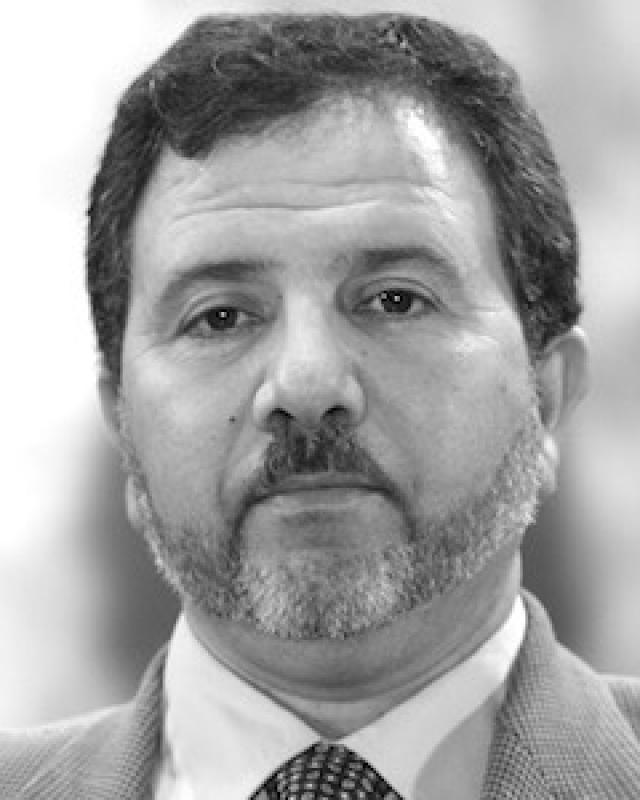
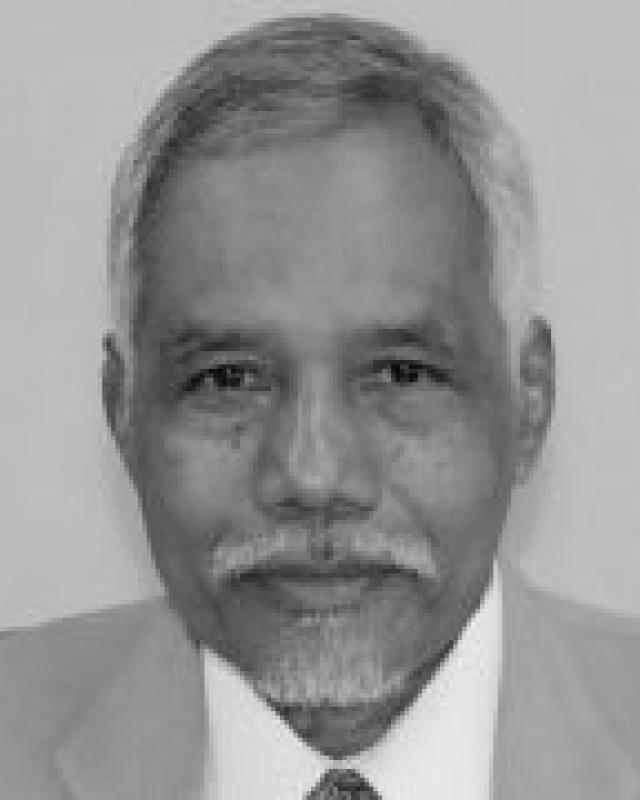

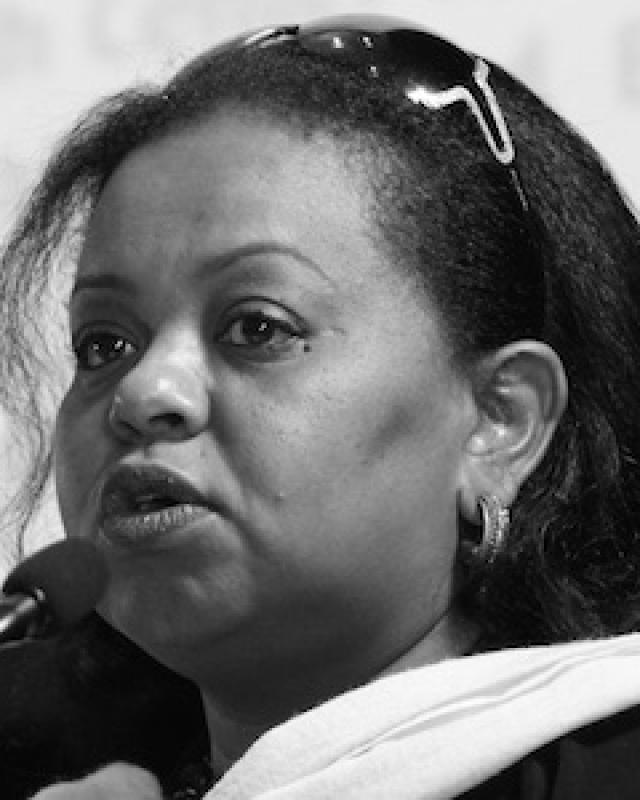
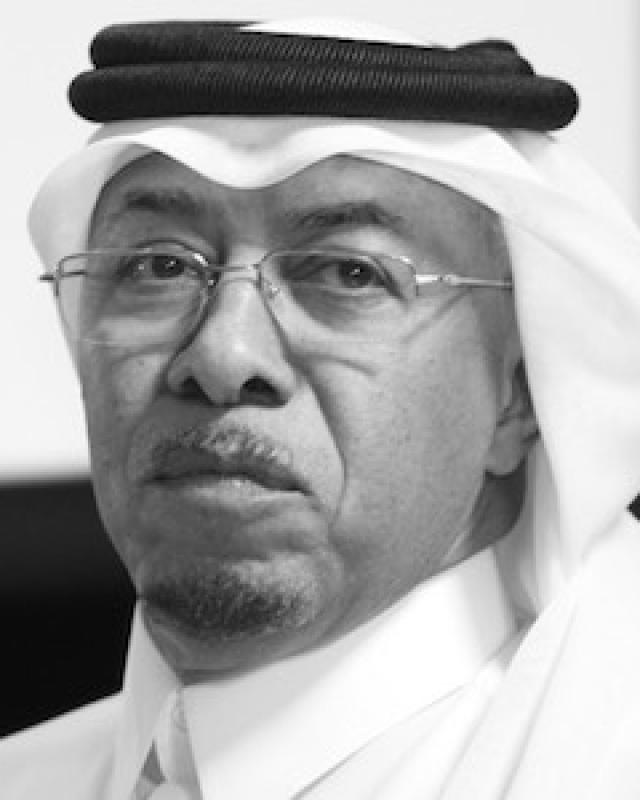
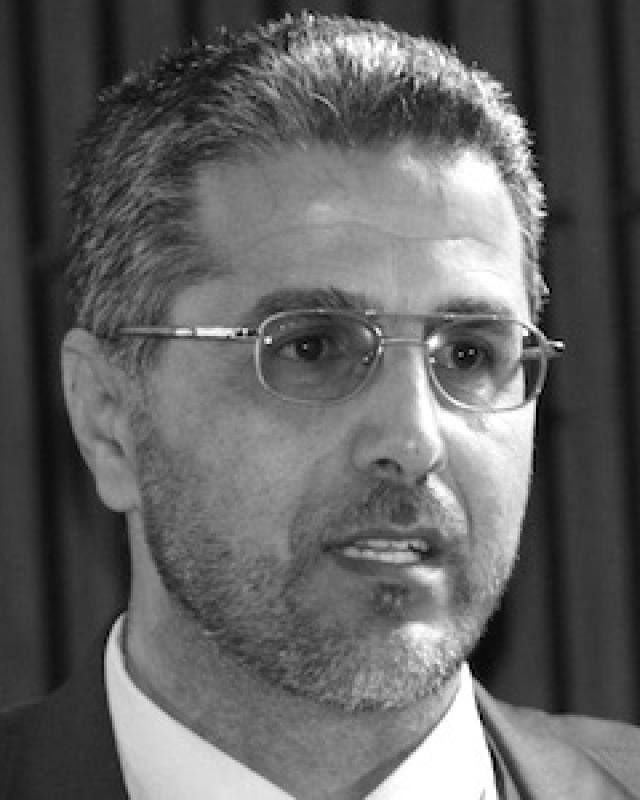
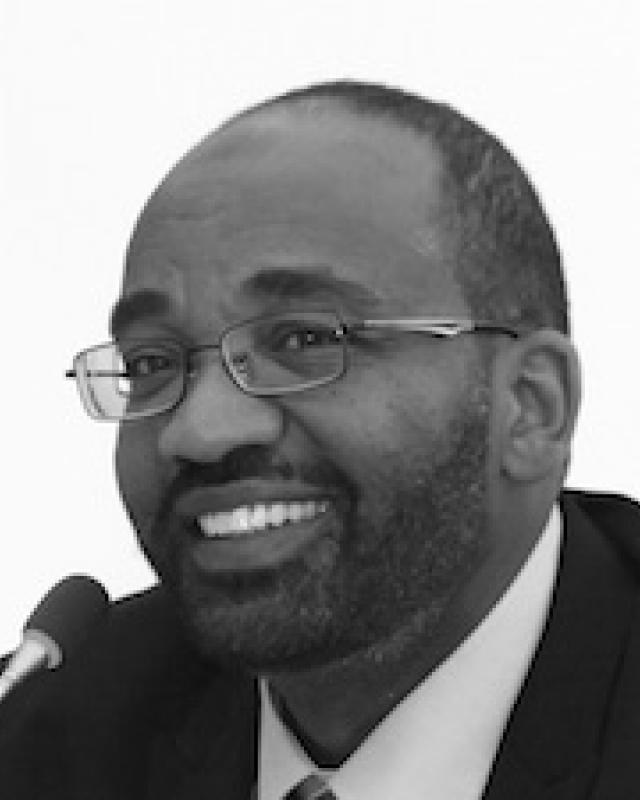
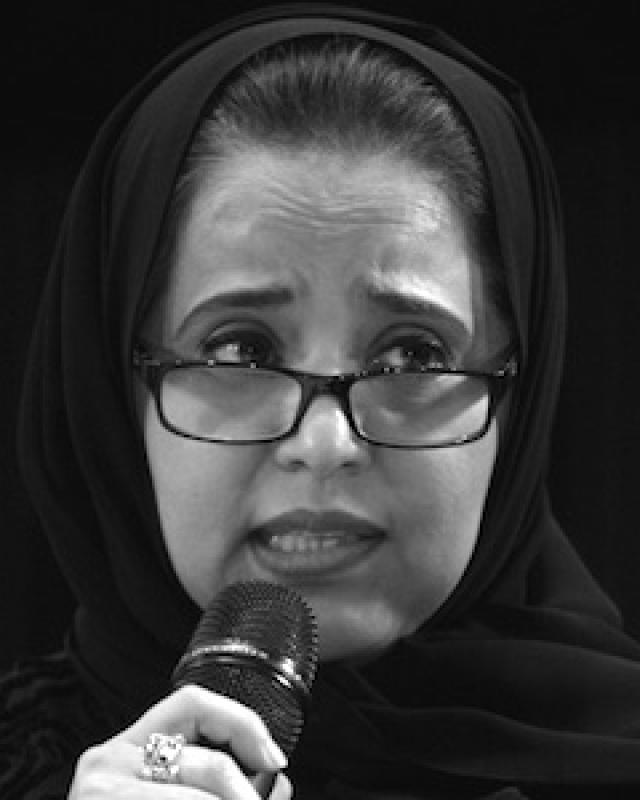
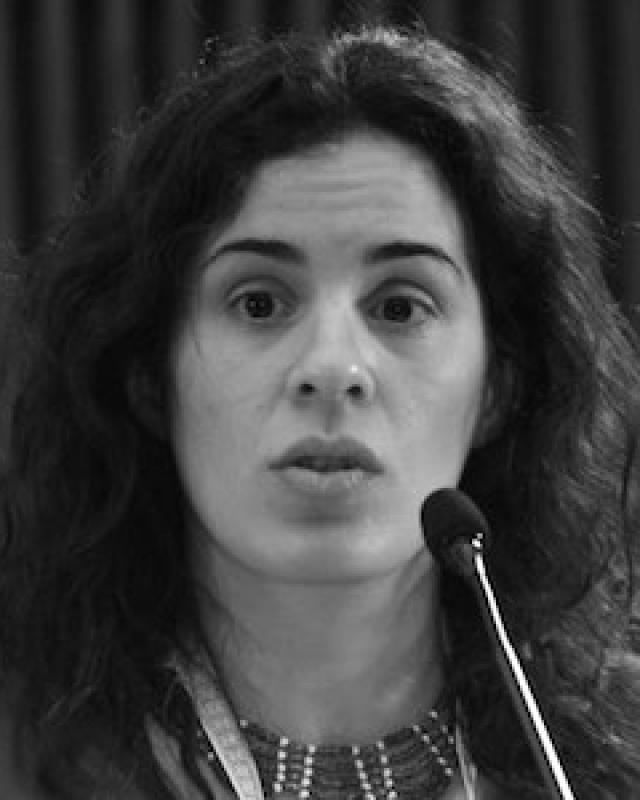
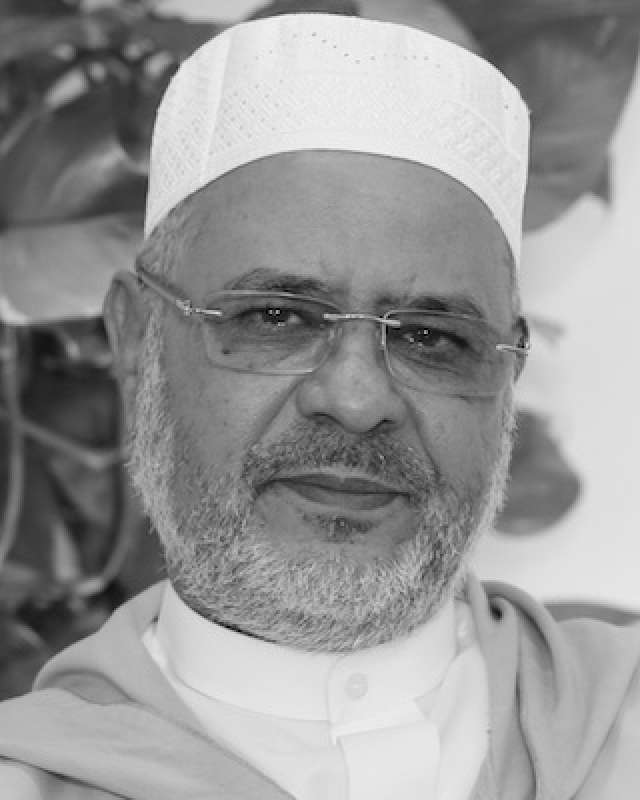
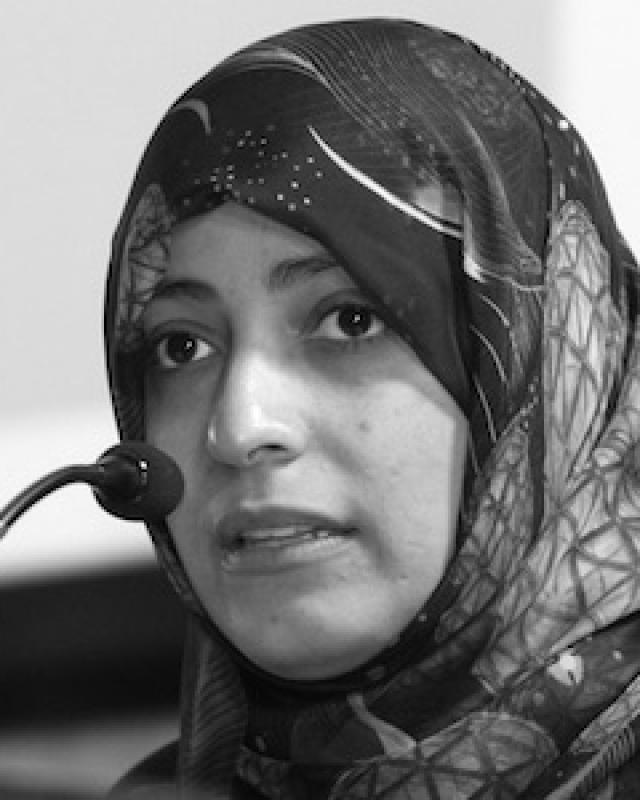
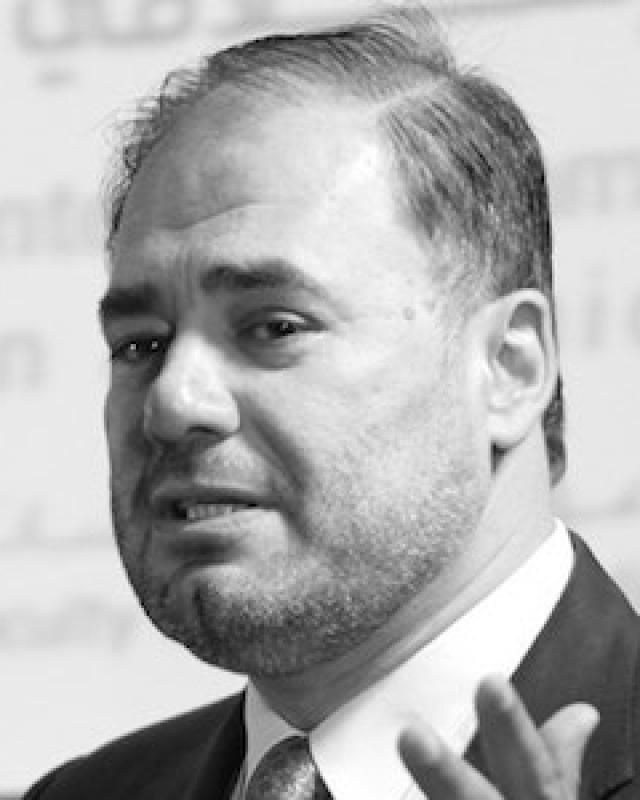
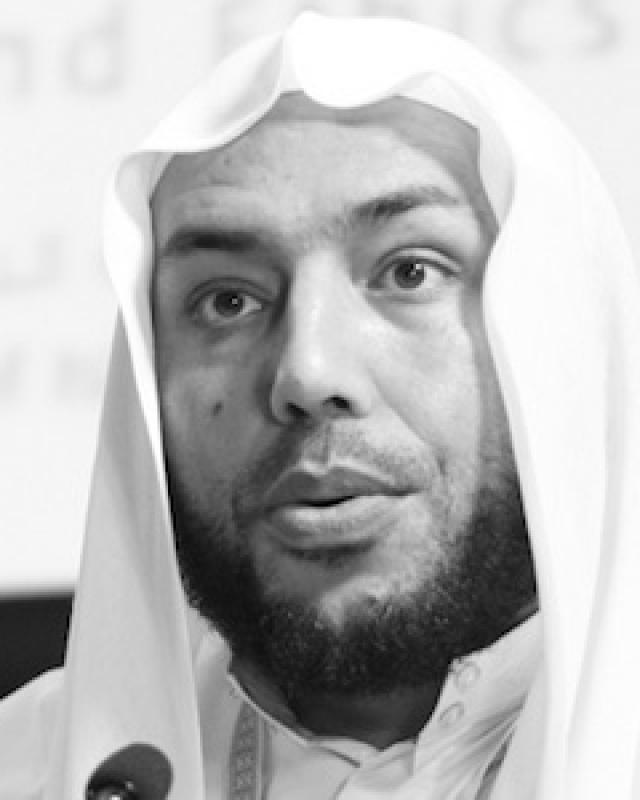
The Center for Islamic Legislation & Ethics (CILE) held its second annual international conference under the title "Ethics in a Changing World: Contemporary Perspectives" during the period 15-16 March 2014, Doha, Qatar. The conference focused on four main themes (environment, gender, psychology and media), each of which was discussed in a separate panel, as following:
Environment
The on this theme panel was preceded by a keynote speech given by Reem Maghribi (Former Arab World Programme Leader, Greenpeace). In her speech, Mrs. Maghribi stressed the need to "localize" and "contextualize" the debate on environment and ethics; local problems that create hardships for local people must be considered. For instance, in the Arab region people must address local needs by talking about desertification, not icecaps, by focusing on coastlines, not forests. She added that morality in itself is not enough to motivate individuals to do the right thing. How can we encourage individuals to recycle their bottles and minimize their use of plastic bags in the name of the environment while governments and big business continue to pump fossil fuels and waste precious water?
The panel on environment was moderated by Patrick Laude (Georgetown University, School of Foreign Service in Qatar) who wrote the following report about its proceedings:
The question raised by the panel "Is environmental protection possible without religious values?" may sound in some sense paradoxical. First because the countries where the protection of the environment has been arguably most successful, in Northern Europe for instance, are not particularly religious. Secondly because, today, religious faith does not always foster a protection of the environment inasmuch as many believers see the most urgent priorities as lying elsewhere, or even take pretext of their surrender to the All-mighty to shun environmental responsibilities. But trust in God does not exclude responsibility, as the saying goes “Tie your donkey (or your camel) and trust in God.”
How can religious values shape our responsibility toward the environment? It seems that there may be at least three areas of consideration: Legal responsibility, ethical responsibility and spiritual (or contemplative) responsibility. And it is these three related dimensions that our four speakers explored, both as scholars, in texts, and as practitioners, in specific contexts.
First, Islam lays emphasis on legal responsibility. Islamically informed legislation reflects, or should reflect, the Quranic and Prophetic imperative of living in harmony with the natural environment. However, both the finality and foundation of this legal dimension are ethical. Religious ethics, like religious law, is God-centered, but it is also humanly actualized through the mediation of the Prophet, who came to teach noble character, the akhlaq, and is a “beautiful example” for mankind. It may be that secular and religious ethics meet somewhere in this ethical dimension.
However, it must be remembered that ethics cannot be dissociated from its spiritual core. The word “spiritual” has been much abused lately, and one may prefer the term “contemplative,” in the sense of being a shahid, witnessing God in and through nature, in the signs or ayat. This contemplative God-consciousness is tawhidic because it recognizes the Divine Unity in creation, and can learn from the world of nature, as in the verse (67:19) ""
"Do they not see the birds above them with wings outspread and [sometimes] folded in? None holds them [aloft] except the Most Merciful. Indeed He is, of all things, Seeing. "
It could also be called ihsanic because it has to do with a sense of God's presence --if you don't see Him, He sees you. Here, obviously, religious and secular views part ways.
Among the main related issues raised and discussed during the session, one may mention the nefarious consequences of consumerism on the environment, highlighted by Dr. Saif Ali Al-Hajari (Friends of Environment Center (FEC), Qatar), and the need to reintegrate ethics in one’s relationship with the consumption of goods on the basis of religious values. The point was made that contemporary consumption appears to exceed the boundaries of a religiously responsible and temperate use of natural resources and manufactured goods.
Another aspect of the question was highlighted in Dr. David Dent’s (University of Surrey Business School) suggestion that technology has functioned as a double-edged sword with respect to the environmental crisis, since it can be deemed responsible for the environmental problems we are now experiencing while providing some actual or potential tools in view of environmental protection. Dr. Dent also suggested that the ethical foundations of our relationship with the environment must be connected to individual moral conscience, social awareness and law compliance. Individual responsibility is paramount in nurturing environmental responsibility, particularly within the corporate and government sectors.
Another important point discussed was the misconception that the monotheistic concept of human vicegerency of God on earth has been a license for the exploitation of nature. Rebuking this view, Dr. Djamel Mefaredj (Constantine 2 University, Algeria) argued that the Biblical and Quranic concepts of the human centrality in creation do not entail the inordinate exploitation of nature. It was also pointed out, in this context, that the monotheistic focus on the transcendence of God does not, or should not, translate in a lack of responsibility vis-à-vis terrestrial and natural immanence.
Finally, the importance of understanding the full implications of the term environment within the context of tawhid was emphasized by Dr. Osman Bakar (Universiti Brunei Darussalam). Such an understanding allows one to highlight that the interconnectedness of the natural and human environments has traditionally informed the Islamic view. It has been productive of harmonious integration.
In conclusion, Shaykh Qaradawi, who was among the audience, stressed the Islamic imperative of respect for the environment, as exemplified to the reference to animals as a ummah, and insisted on the caring role of mankind over the natural environment.
Gender
The keynote speech that preceded the panel on this theme was given by the Yemeni political and human rights activist and Nobel Prize laureate Twakkul Karman. She highlighted the intriguing nature of the man-woman relationship, which is usually both simple and complex at the same time. In her speech, Mrs. Karman focused on specific human values whose nurture would improve the man-woman relationship such as love, freedom, equality, dignity and cooperation.
The subsequent panel was moderated by Ms. Noor Al Malki (Doha International Family Institute) who wrote the following report:
The purpose of this panel was to discuss the contribution of religious values in establishing more equitable gender relations. Specifically, it sought to answer the question of whether understanding of gender relations in Islam change with time.
Presentations were made by Dr. Amira Sonbol (George Town University), Dr. Ahmed Al Muhammadi, (International Union of Muslim Scholars), Dr. Addis Duderija, (University of Malaya) and Dr. Ahmed Al Raysouni, (International Union of Muslim Scholars).
Dr. Sonbol's paper entitled "Principles of gender equality and justice in Islamic values" focused on gender and justice in Islam with the purpose of showing basic principles meant to institute justice for women and men alike, refusing distinctions based on race, gender or ethnicity. The development of maqasid al-shari'a to guide and give purpose to Shari'a frame an important part of this discussion. Dr. Sonbol used an example of a legal case ruling from the Shari'a court in Bahrain in a paternity case to highlight the discrepancy between Islamic "rights" in theory and practice.
Dr. Al Muhammadi's paper entitled "The importance of thawabit (immutable/fixed) and mutaghiyyirat (mutable/changing) elements in safeguarding the identity of Muslim women” emphasized that contemporary issues should be examined through the lens of thawabit (immutable/fixed) elements. Affirming that Islam accorded women full rights and did not discriminate against them, he nonetheless, warned against what he saw as three threats to Islamic values, namely calls for complete equality between men and women, establishment of a society in which men and women freely mix and consideration of sexuality as a personal right.
Dr. Duderija's paper entitled "Tensions between the study of gender and religion, the case of patriarchal and non-patriarchal interpretations of Islamic tradition" discussed these tensions and the factors which contribute to engendering both. He argued that personal opinions of those who interpreted the Islamic tradition in a patriarchal manner are a result of their subscription to what he termed "gender oppositionality" thesis. On the other hand, he argued that contemporary non-patriarchal interpretations of the Islamic tradition are sensitive to both how patriarchy and gender continue to influence the process of interpretation.
Dr. Al-Raysounis' intervention warned against buying into the theory of conflict and war between men and women. He refused the extremist positions in the treatment of gender issues by claiming women and men are completely different or completely identical. He emphasized that we need to understand the differences between men and women, from a scientific point of view, and then reflect on the consequences of these differences. He also explained that most Islamic Ahkam (rulings) are not static/fixed and that there is ample room for flexibility in these rulings to respond to contemporary needs.
An intense discussion followed which highlighted the realities of Muslim women and the need to address the injustices and problems they face emphasizing the imperative of bridging the gap between Islamic values and their actual implementation in law and practice.
Psychology
Before the panel on the theme of psychology, Dr. Malik Badri (International Islamic University, Malaysia) delivered a keynote speech in which he addressed three critical concepts from an Islamic perspective, namely religion, spirituality and psychology. Dr. Badri also stressed the significance of worldview in this respect and argued that worldviews, whether they are theistic or atheistic, can give their followers a strong conviction that their way of life and their ethical values are the only right ones. It can thus act as their religion even if the term "religion" is not used in its traditional sense.
The panel on psychology was moderated by Mohammed Ghaly (Center for Islamic Legislation & Ethics) who wrote the following report:
Under the broad theme of "Religion, Spirituality and Psychological Health", the key-question of the panel "Does practicing religion affect psychological health?" was addressed by four panelists: Abdulhakeem Al-Khelaifi, (Faculty of Sharia, Qatar University), Mohammed Yassir Fazaga (Orange County Islamic Foundation, USA), Mamoun Mobayed (Department for the Protection and Social Rehabilitation, Qatar) and Taibi Ghomari (Mascara University, Algeria).
Al-Khelaifi's presentation discussed the significance of religion for the human being and argued that its significance is not restricted to meeting the human psychological needs but also extends to fulfilling the rational needs. The speaker demonstrated how religion answers the human question about the meaning of existence: why does the universe exist? Al-Khelaifi's main thesis was that this question can only be answered by saying that there is a Creator Who originated this universe. This answer is actually the basic premise of religion.
Fazaga's presentation focused on the Cognitive Behavioral Therapy (CBT), a well-known theory in the field of psychotherapy based on the premise that our emotions and behaviors are greatly impacted by our thoughts. Thus, in order to correct behavior and overcome the different challenges one has to identify and correct these negative thoughts. As a Muslim practicing therapist, Fazaga argued that this theory is closest to Islam and with some modification, specifically the introduction of the spiritual aspect to the practice, it would be an ideal tool for dealing with Muslim clients.
Mobayed's presentation reflected upon the recent critical thoughts about the traditional inclination among researchers to avoid the study of spirituality in connection to medicine. This was clear in the change of the World Health Organization’s definition of health which recently became “physical, mental, social and spiritual well-being”. He also argued that recent medical studies show that religion and faith can help promoting good health and combating disease, and that spiritual people exhibit fewer self-destructive behaviors, less stress, and a greater total life satisfaction.
Ghomari's presentation reviewed the results of a field study conducted in seven provinces in western Algerian. The study examined the relationship between the level of religiosity (in terms of faith and practice) and the mental health of adult individuals. Based on the results of this study, the speaker tried to justify the relationship between Islam and some psychological theories, a fact that scientifically and rationally legitimize many of the methods adopted in religious and spiritual treatment.
The presentations were followed by intensive discussions on a number of points raised by the panelists in addition to thorny questions like: Is there Islamic psychology? If no, why and if yes how does it look like. Dr. Malik Badri also contributed to tackling these questions.
Media
The panel on media was preceded by a keynote speech given by Wadah Khanfar (Former Director General of Aljazeera Network and Director of Al-Sharq Forum). Khanfar argued that Islamic core values, especially as far as ethics of media is concerned, do not necessarily divert from the common values that humanity in general share. However, one can still observe differences between the governing overall ethical paradigms in the field of media within the Islamic tradition in comparison with other paradigms adopted in the West or somewhere else. The speaker focused on a number of values rooted in the Islamic tradition but can still form a common ground for collaboration with other religions and philosophies of life such as freedom and responsibility.
After Khanfar's keynote speech, the panel on media started and it was moderated by Mohamed Zayani (Georgetown University, School of Foreign Service in Qatar) who wrote the following report:
The panel dealt with the broad theme “Religion, Media Ethics and the Dilemma of Clashing values” and it explored the role religion can play in reconciling incompatible values. The panel featured four speakers:
In the first presentation, entitled “The Role of Religion in Reconciling Values in the Field of Media Ethics,” Dr. Saddia Malik (Qatar University) pointed out a disjunction between technological advancement in the field of communication and ethical lapses. She advocated an Islamic perspective as a way of bridging the gap.
In the second presentation, entitled “Beyond Social Responsibility: Is Ethical Media the Solution?”, Dr. Noureddine Miladi (Qatar University) argued that the Western experience and its idea of social responsibility reached a cul-de-sac. He called for the need to rethink a new media ethos and pointed out the potentially positive role public media can play.
In the third presentation, entitled “Balancing Conflicting Values and its Impact on Media,” Dr. Moataz Al-Khatib (Research Center for Islamic Legislation and Ethics) tacked the question of how to reconcile the interests of media organizations and public interest. He pointed out the value of redefining the notion of “public interest” from an Islamic perspective.
In the fourth and last presentation, entitled “ The Moral Responsibility of a Muslim Professional: Towards a New Vision,” Dr. Mohamed Alsamasiri, (Yarmouk University) focused on what should guide professional and popular media communication. Highlighting the value of invoking an Islamic perspective, he argued that the key to a responsible form of communication is a sound judgment about what constitutes truth and what is considered important.
During the Q&A session, the speakers engaged the audience on questions pertaining to media ethics research, various takes of media ethics, media practices in a post-revolutionary Arab context, media manipulation, and the public-private dilemma when it comes to media.



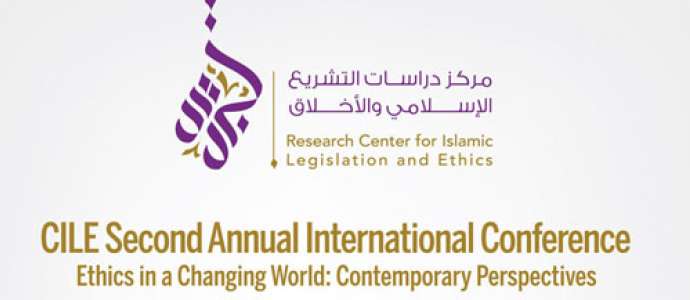
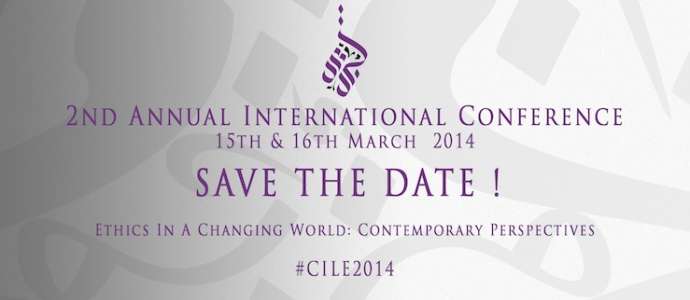
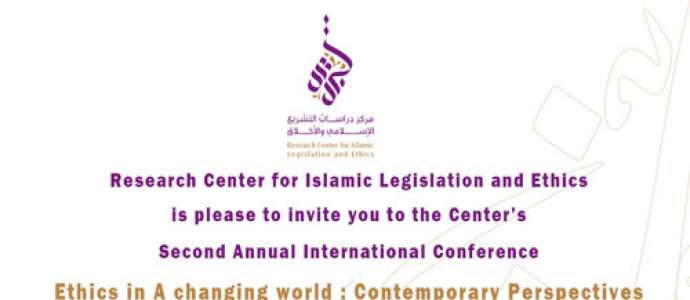

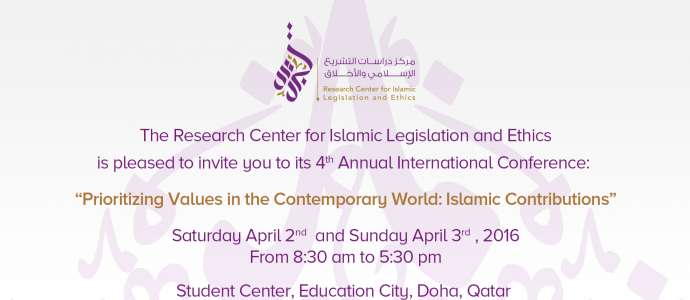
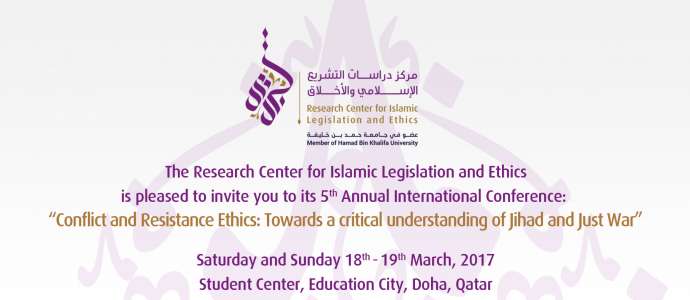


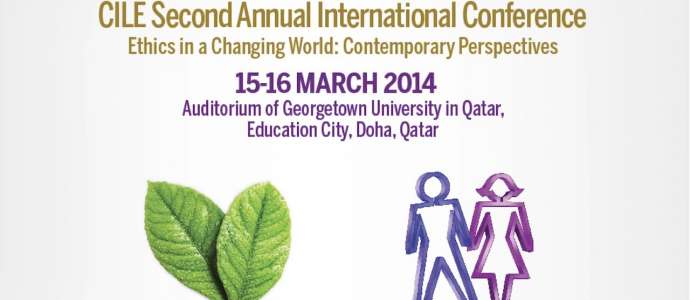
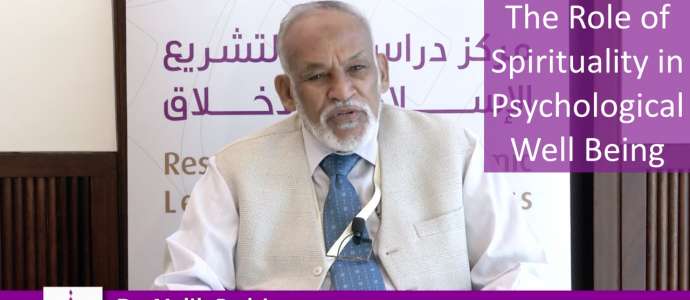
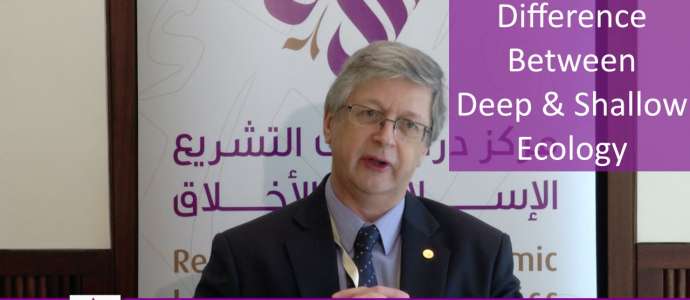
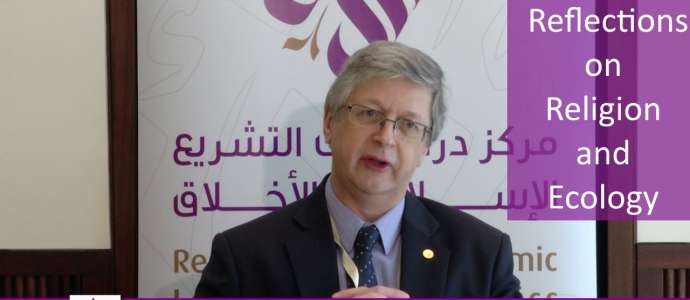
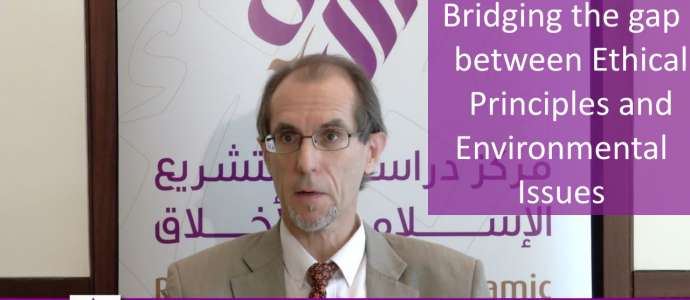
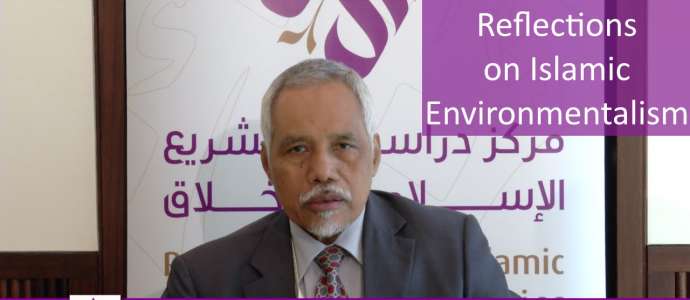
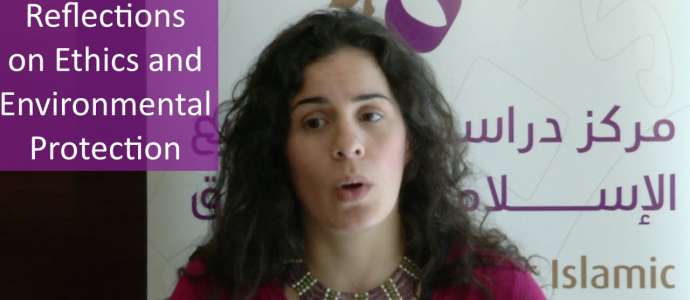
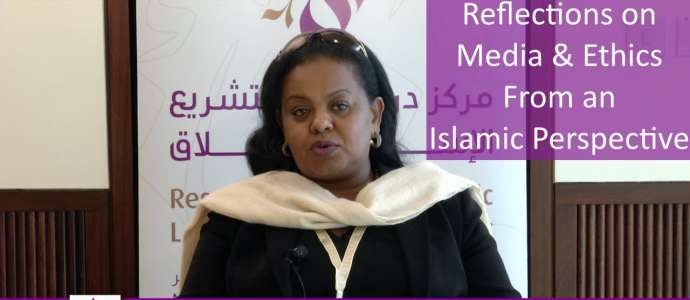
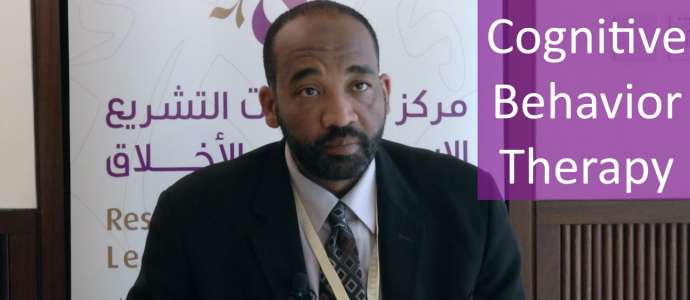
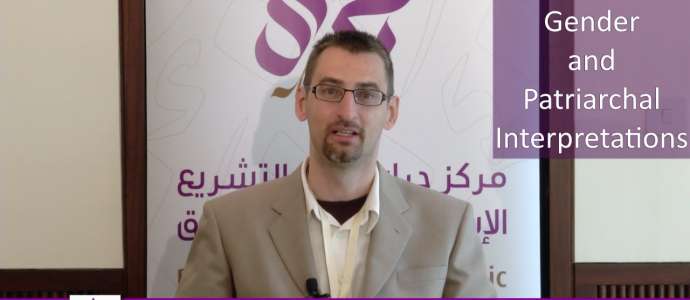
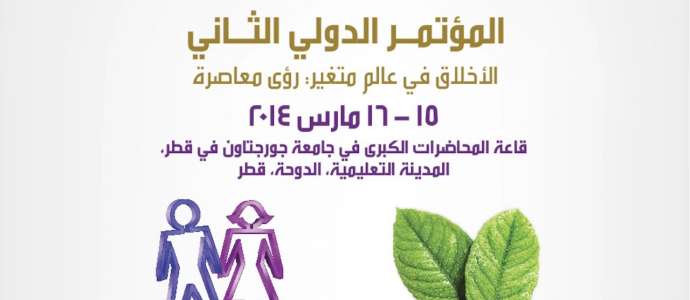
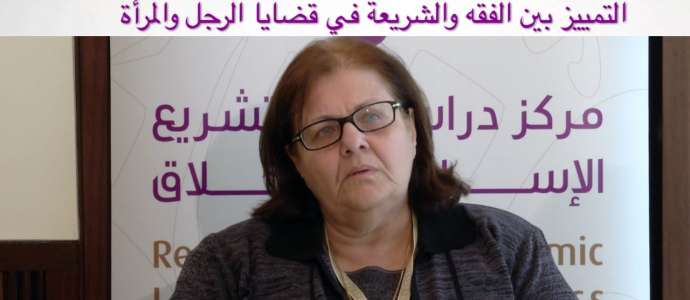
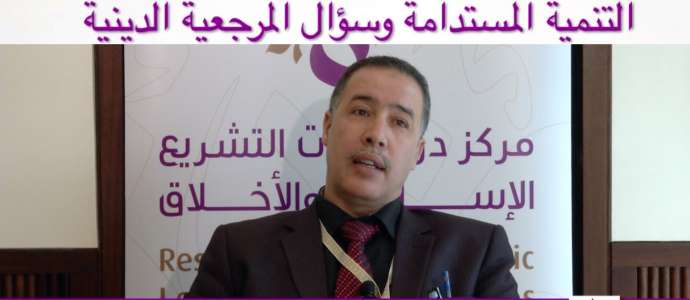
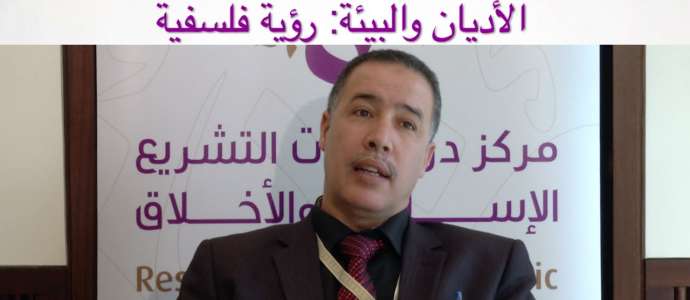
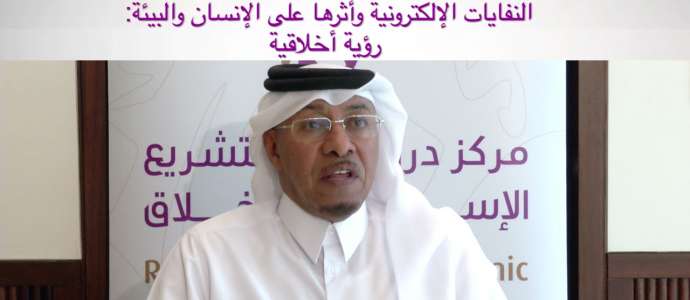
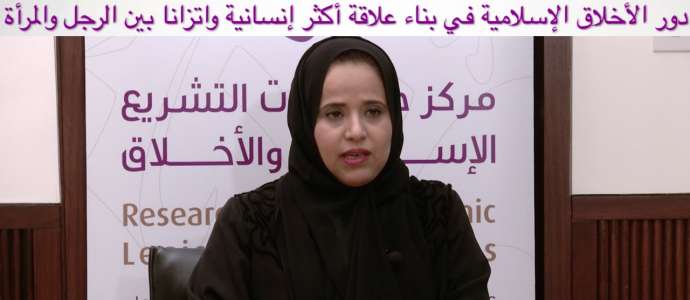
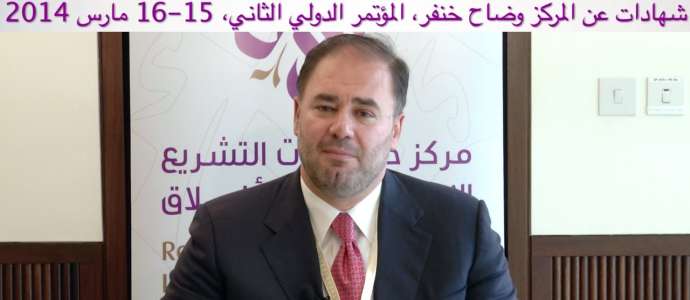
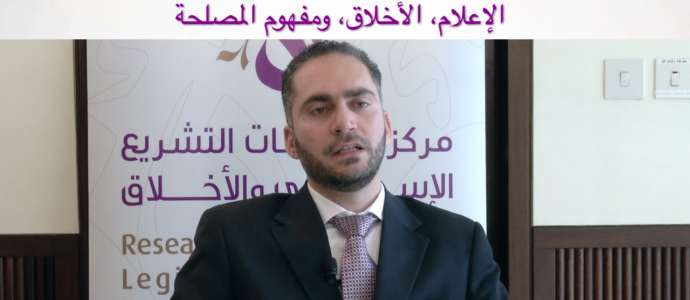
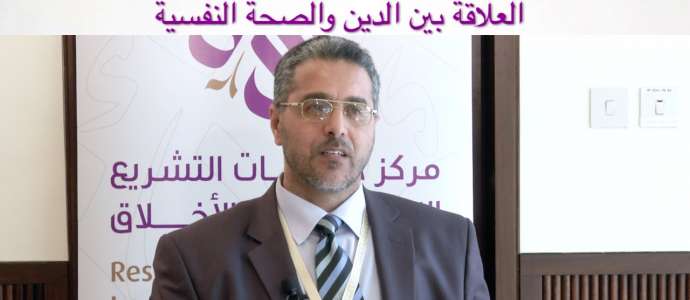
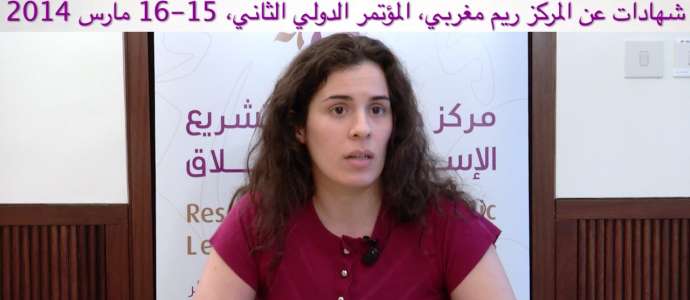
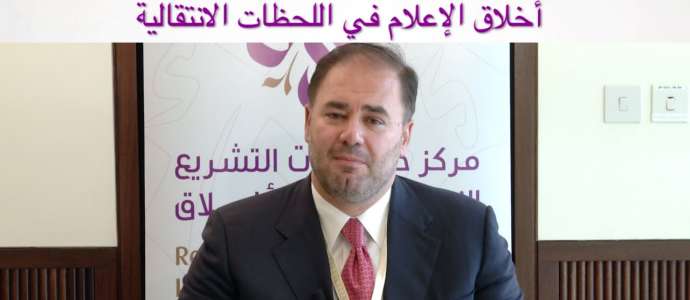
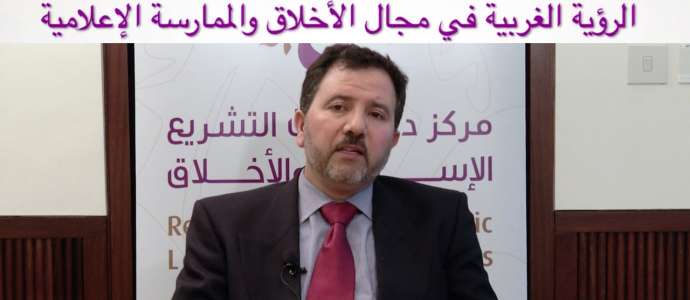
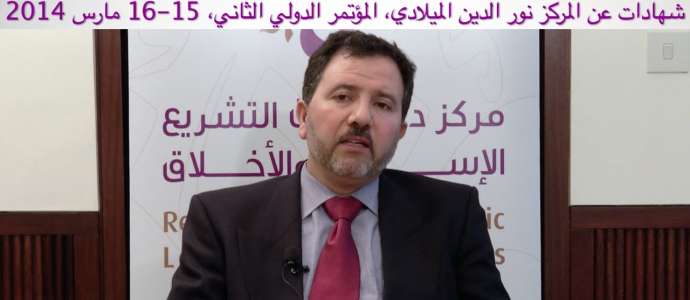
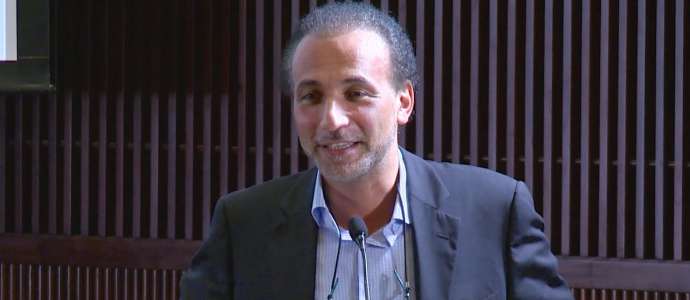



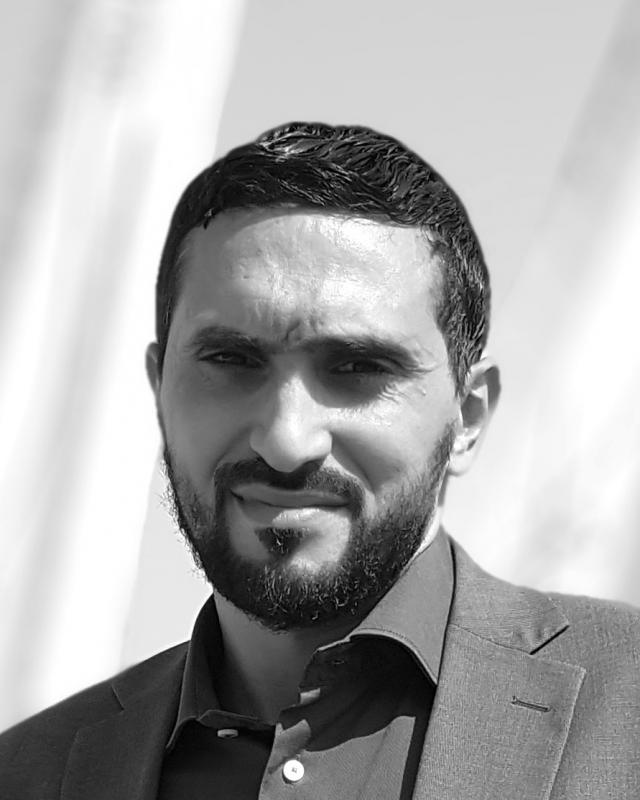
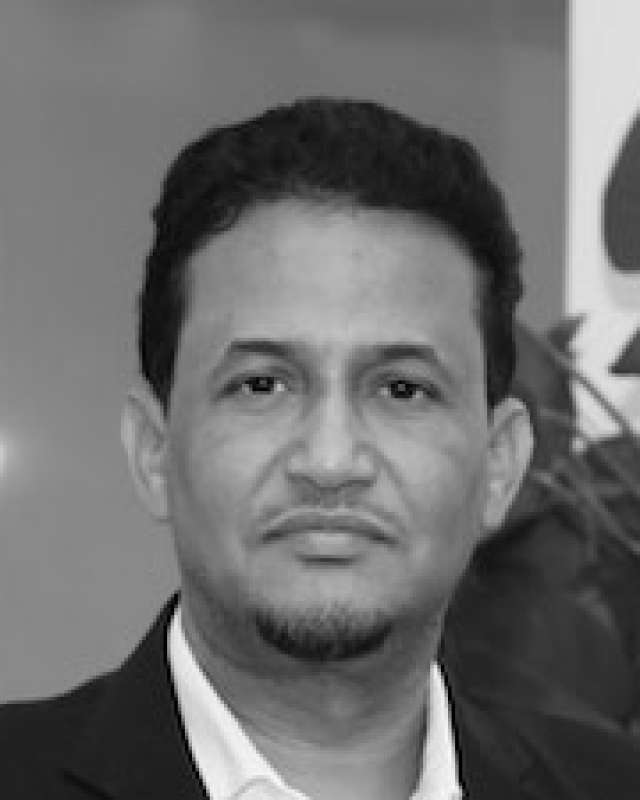
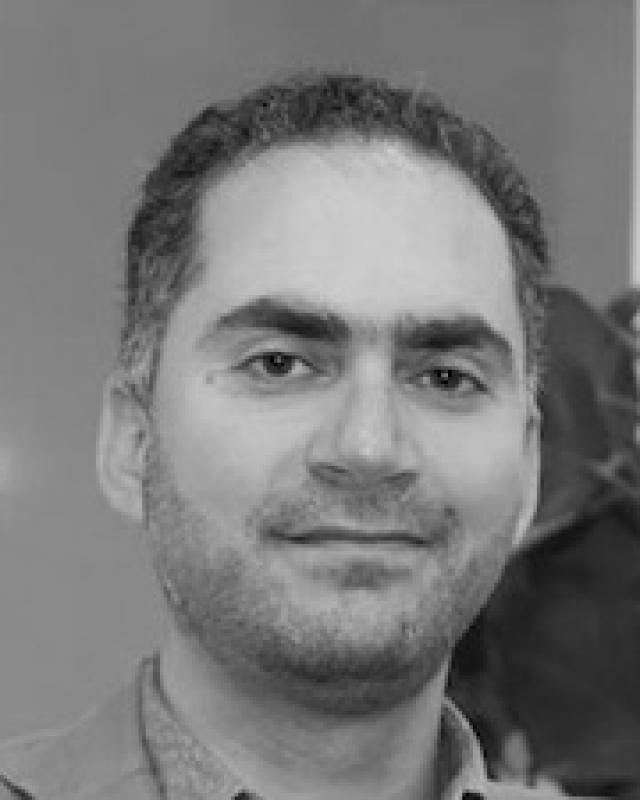

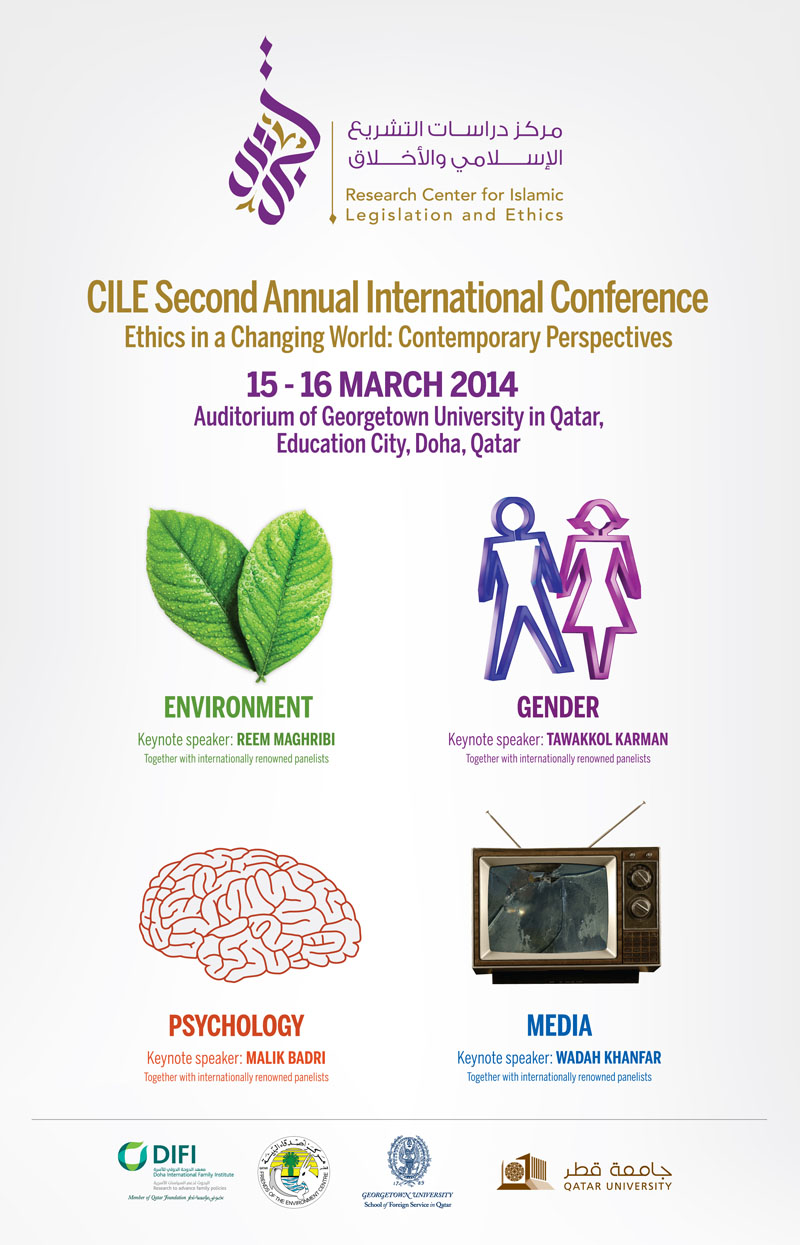

Add new comment